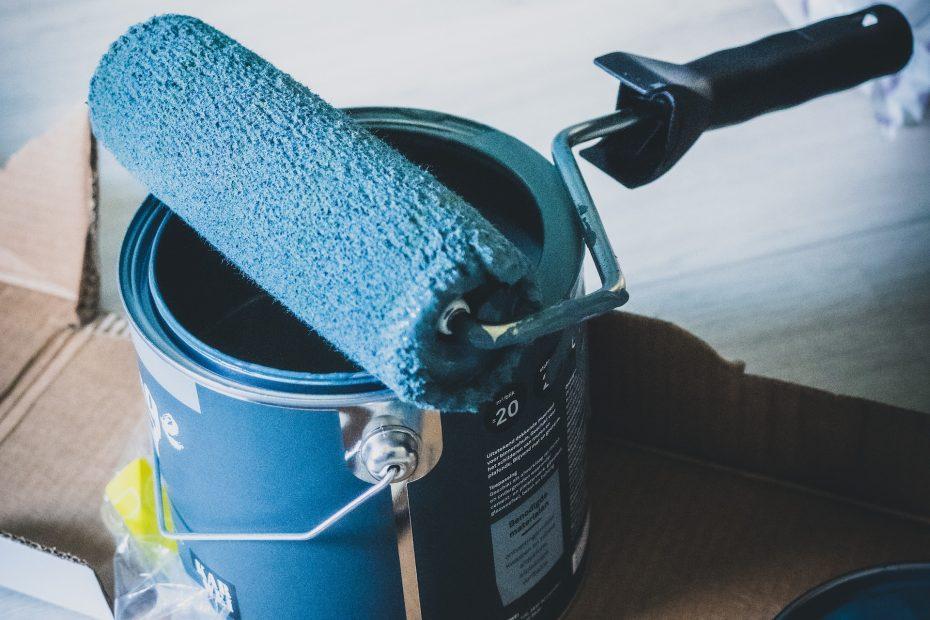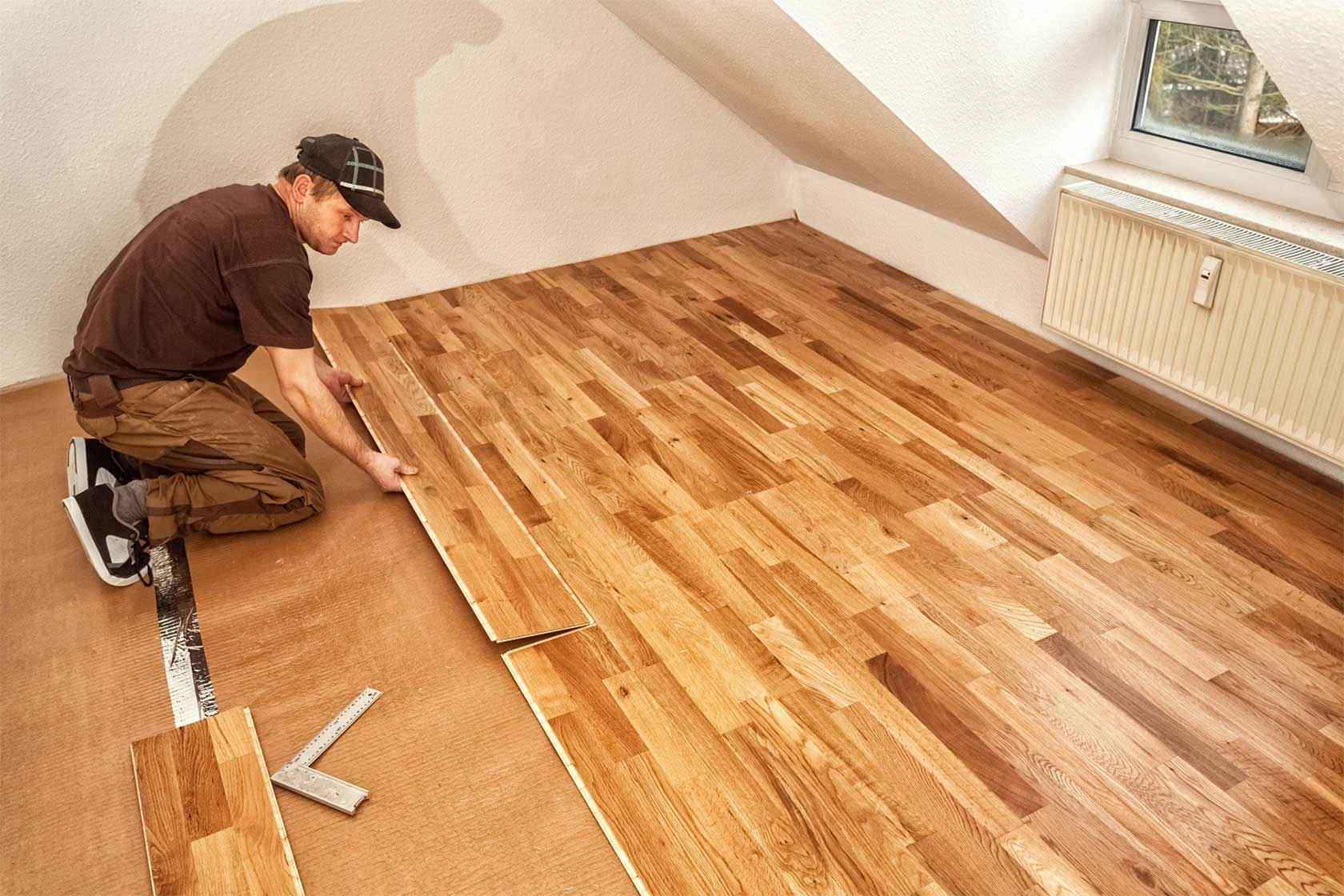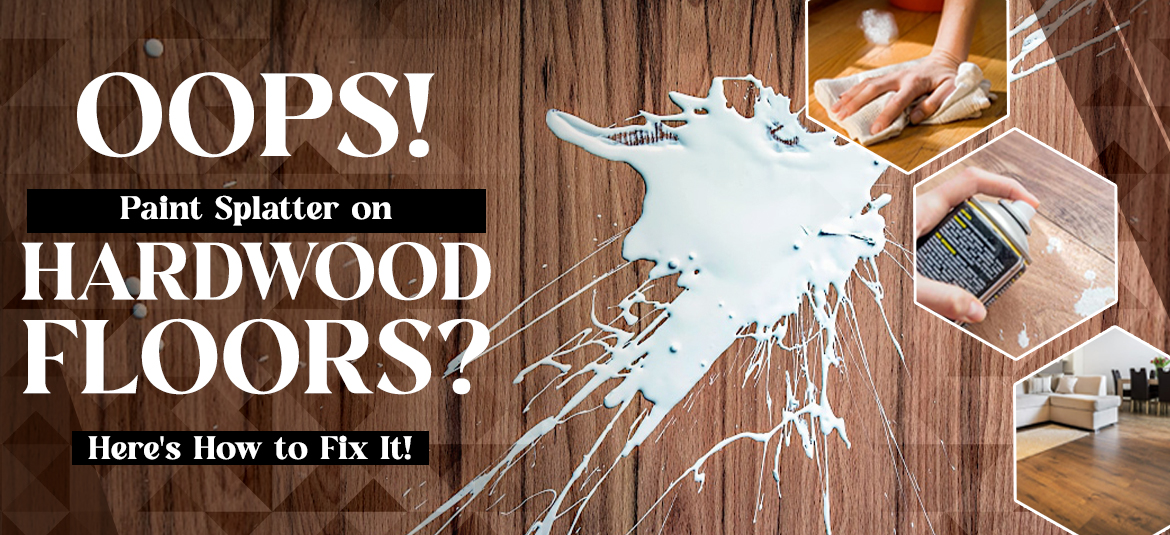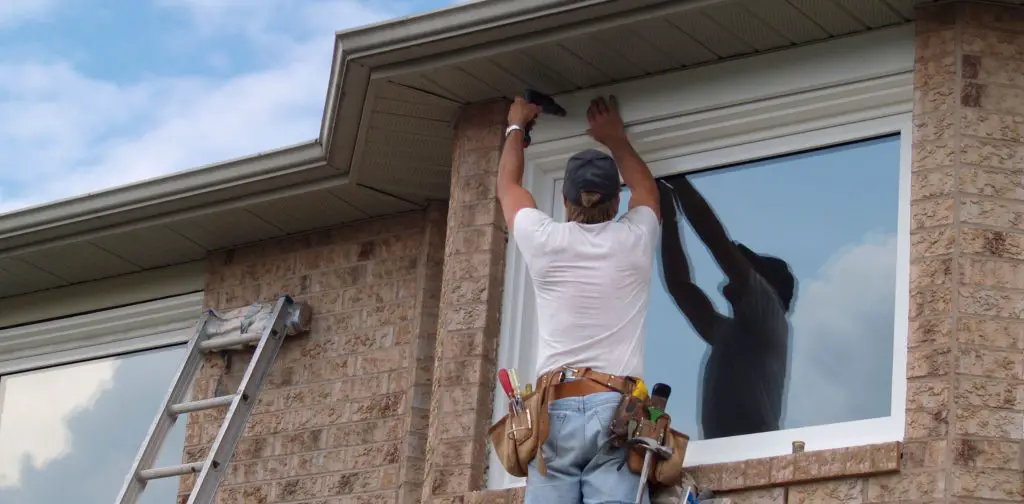Should You Paint Before Installing New Floors?

When it comes to home renovation, the sequence of tasks can be as crucial as the tasks themselves. One common question homeowners face during a remodel is whether to paint before installing new floors. This decision can significantly affect the outcome of the renovation project. Here's a detailed look at why painting before laying new floors might be the right choice for your home:
Practical Benefits of Painting Before Flooring Installation

The decision to paint before flooring installation carries several practical advantages:
- Minimizes Damage to Floors: Painting inevitably involves potential splatters, drips, or spills. By painting first, you avoid the risk of damaging your brand new flooring. Any mishaps can easily be cleaned from the old flooring, saving you from potential costly repairs or refinishing.
- Clean Environment for Flooring: Fresh paint can produce fumes and dust. If you've already laid the new floor, this environment could compromise the flooring installation or leave a residue on your new floors. Installing flooring after painting ensures the floor installation starts in a clean, dust-free environment.
- Easier Trimming: Baseboards typically need to be painted, but if you install them before flooring, you'll need to cut them precisely at the bottom to fit over the flooring. Painting before flooring allows you to remove baseboards for painting, then reinstall them after flooring with a cleaner cut.
📝 Note: If you opt to paint first, ensure the walls are taped off properly or covered to minimize paint on the existing flooring as much as possible.
Steps to Follow for Painting Before Installing Floors

Here's how to approach the process:
- Remove Furniture and Baseboards: Clear the room completely, including removing baseboards, which can be painted separately or replaced after installation of the flooring.
- Prep the Room: Lay down drop cloths to protect existing floors from paint drips or splatters.
- Clean and Prime: Clean walls and surfaces to remove dust or grease. If necessary, prime the walls for better paint adhesion.
- Paint: Apply paint to the walls, ceiling, and any trim that will be reinstalled or kept. Two coats are usually recommended for a long-lasting finish.
- Dry Time: Allow the paint to dry completely. This can take from several hours to a day or more, depending on paint type and room conditions.
- Flooring Installation: Once the paint is dry, install your new flooring. This ensures a clean base to work from and no risk of damaging your fresh paint job.
Table: Painting Before or After Flooring - A Quick Comparison

| Consideration | Paint Before | Paint After |
|---|---|---|
| Protect Flooring from Damage | Yes | Possible Risk |
| Flooring Installation in Clean Environment | Yes | Requires Additional Prep |
| Baseboard Trimming | Easier After Installation | More Precise Work Required |
| Time Efficiency | Paint Drying Time Not Wasted | Additional Wait Time Post-Flooring |

In summary, painting before installing new floors provides several benefits including protection of your flooring, a cleaner work environment, and simpler baseboard installation. It might seem like an extra step, but the advantages are clear when considering long-term preservation and the quality of the final look of your room.
Is it OK to paint after the flooring is installed?

+
Yes, but it requires careful preparation to protect the new flooring, including covering it with drop cloths or plastic sheeting to prevent paint splatters and spills.
Can I lay flooring over existing painted baseboards?

+
It’s generally not recommended, as it can complicate floor leveling and cause issues with the installation. Baseboards are typically removed or trimmed after flooring installation for a neat finish.
What’s the best flooring type to install after painting?

+
Hardwood, tile, or carpet can all be installed after painting, with hardwood and tile offering the advantage of easier cleanup if paint gets on them during installation.



